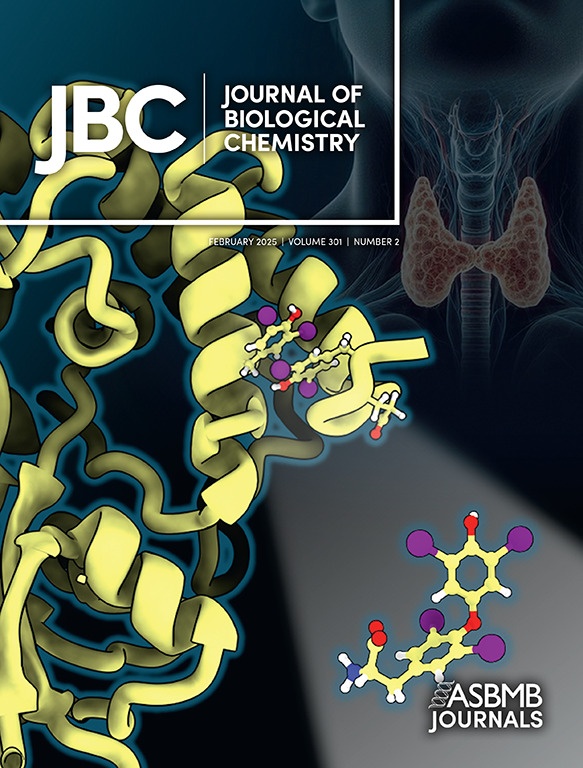10 Fully Funded PhD Scholarships in Systems Medicine through SEMM
Human Technopole is offering up to 10 fully funded PhD scholarships through the SEMM PhD Program in Systems Medicine. These scholarships are open to talented and motivated graduates—both from Italy and abroad – interested in pursuing doctoral research.
Shedding light on the molecular mechanisms of Gabriele-de Vries Syndrome
Using advanced stem cell models, Human Technopole researchers show how mutations in the YY1 gene cause widespread dysregulation of genes crucial for brain development in multiple cell types, leading to structural abnormalities and impaired neuronal function. The results of the research are published in the Nature Portfolio journal Molecular Psychiatry.
Human Technopole Commitment to Gender Equality
Human Technopole is proud to announce the launch of its new Gender Equality Plan (GEP) for 2025-2027, a strategic initiative designed to further integrate gender equality across all aspects of the Institute, building upon the successful outcomes of the previous GEP (2022-2024). HT has also achieved the UNI/PdR 125:2022 certification, which recognizes organizations that promote gender equality and foster inclusive workplaces.
2 fully funded PhD fellowships at HT through SISSA
Human Technopole is offering 2 fully funded 4-year PhD fellowships to young scientists from the national and international community who wish to undertake a doctoral degree on a project focused on Computational Biology.
Thyroid: Understanding the Molecular Mechanism of Thyroxine Synthesis
A study from Human Technopole, the University of Milano-Bicocca and Università di Milano reveals new details about how thyroxine – the primary form of thyroid hormone in the blood – is formed, shedding light on a mechanism involving a specific type of amino acid in the thyroglobulin protein. The findings are published in The Journal of Biochemistry and highlighted with the journal’s cover.




